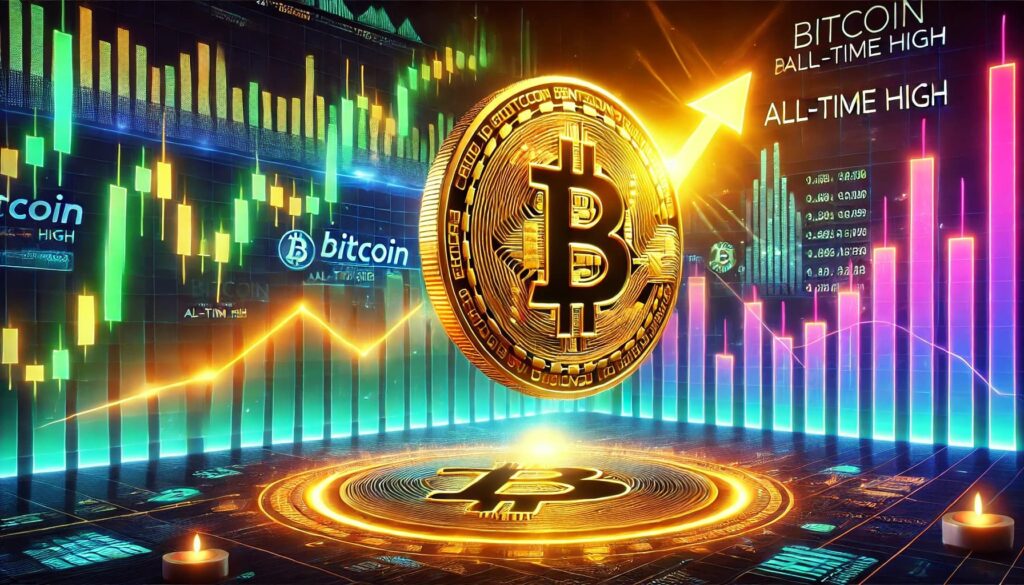Decentralized Finance (DeFi) has transformed the financial world by offering a system that operates without centralized control. Unlike traditional financial systems that rely on banks, DeFi protocols use blockchain technology to provide users with financial services like lending, borrowing, and trading. DeFi eliminates the need for intermediaries, offering more transparency, lower fees, and increased accessibility.
DeFi is powered by smart contracts
At its core, DeFi is powered by smart contracts, which are self-executing contracts with predefined terms written into code. Ethereum, being the first blockchain with smart contract capabilities, has become the home for many DeFi projects. The rise of platforms like Uniswap and Compound has allowed users to trade assets and earn interest without relying on banks.
But why is DeFi so revolutionary? First, it provides financial access to the unbanked population. In many parts of the world, people don’t have access to traditional banking services. With just an internet connection and a crypto wallet, DeFi opens doors to global financial services.
Moreover, DeFi empowers individuals with control over their assets. Traditional systems require trust in banks or intermediaries, but with DeFi, users have direct control over their funds. This decentralization brings financial sovereignty and a shift from the reliance on third parties.
As DeFi continues to grow, it is crucial to stay updated on regulations and security concerns. While DeFi offers significant advantages, the absence of regulation makes it vulnerable to hacks and scams. Nevertheless, its impact on the future of finance is undeniable.








